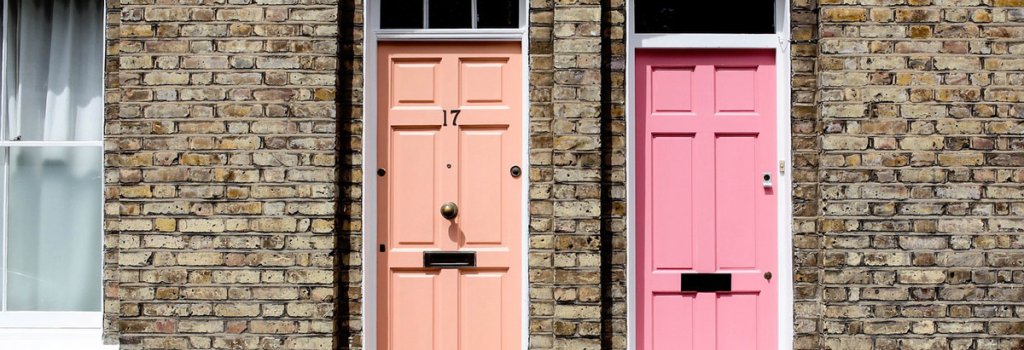Buying your first home

Buying your first home is probably one of the most exciting (and, ok, maybe stressful!) decisions of your life. Getting on to the property ladder is a huge milestone - be proud of yourself! Whether you’re getting ready to make an offer on your first home or are just doing some research while you save – our blog will guide you through everything you’ll need to consider before signing that dotted line.
Save for a deposit
With high rental prices, low interest rates for savers, and a property market still on the rise, saving for a deposit is one of the biggest barriers to getting a foot on the ladder.
But don’t despair! A savings calculator, like the one from Money Advice Service, will help you work out how much you can afford to save each month. You’ll also want to do some research into the best savings account, so that you can earn interest too.
The bank of Mum and Dad could also come in handy. Your parents may be able to loan money towards your deposit, but remember to talk through any conditions of the loan and terms for repayment.
Calculate the costs
Solicitors’ fees, surveys, stamp duty, mortgage fees, and removals are just some of the costs you’ll have to consider when buying your first home. The Money Advice Service advise setting aside at least 5–20% of the purchase price of your home.
You’ll also need to budget for the ongoing costs, like council tax, home insurance, energy bills, broadband, and TV. Plus, there may be service charges, as well as ground rent, or the cost of multiple parking permits if you all have a car.
It’s also a good idea to put some cash aside for unexpected repairs and, perhaps more importantly, decorating your new home.
Find the best way to buy
If you’re not in a position to buy on your own, there are other ways to get on the property ladder. For example, the government’s help-to-buy scheme requires only a 5% deposit and you can choose to own 25%– 75% of the property while paying rent on the amount that you don’t own.
Joining forces with friends or siblings is another more affordable way to buy your first home. Before you commit, discuss the ins and outs of owning a home and living together; have legal documents drawn up for the financial side of things, so you’re clear on the mortgage and bills; and discuss ground rules for living together - things like cleaning, having people round, repair bills, or buying new things for the house. You’ll also need to have a plan for sorting out disagreements, or what will happen if someone wants to leave or can’t afford to stay.
Buying a house is a huge commitment, so it’s important to get all of this agreed upon before you take the plunge.
Snag a bargain
Like shopping for anything else, it’s worth doing a little research - you might just be able to snap up your dream home for a song. If you’re willing and able to do some DIY, a ‘doer-upper’ may allow you to get the property you want at a lower price. Plus, you’ll be able to put your own stamp on it from the moment you move in.
Auctions are another way to find a bargain, but you’ll need to be sure of what you are buying before bidding. Get a survey done, and a legal pack reviewed by a professional so you don’t get any nasty surprises, and it’s also a good idea to have your finances in place so you can move quickly. Most auction houses ask for 10% when the hammer falls, and you’ll lose this if you can’t pay the other 90% within a month (according to the Home Owners Alliance). You’ll also need to have buildings insurance as soon as you sign the contracts and take responsibility for the property.
Finally, look at up-and-coming locations. They may not have swanky coffee bars or gastro-pubs just yet, but house prices will be lower and as the amenities increase, so will the price of your home.
However you get on the property ladder, make sure you protect your home and possessions by taking out the right level of buildings and contents insurance.
